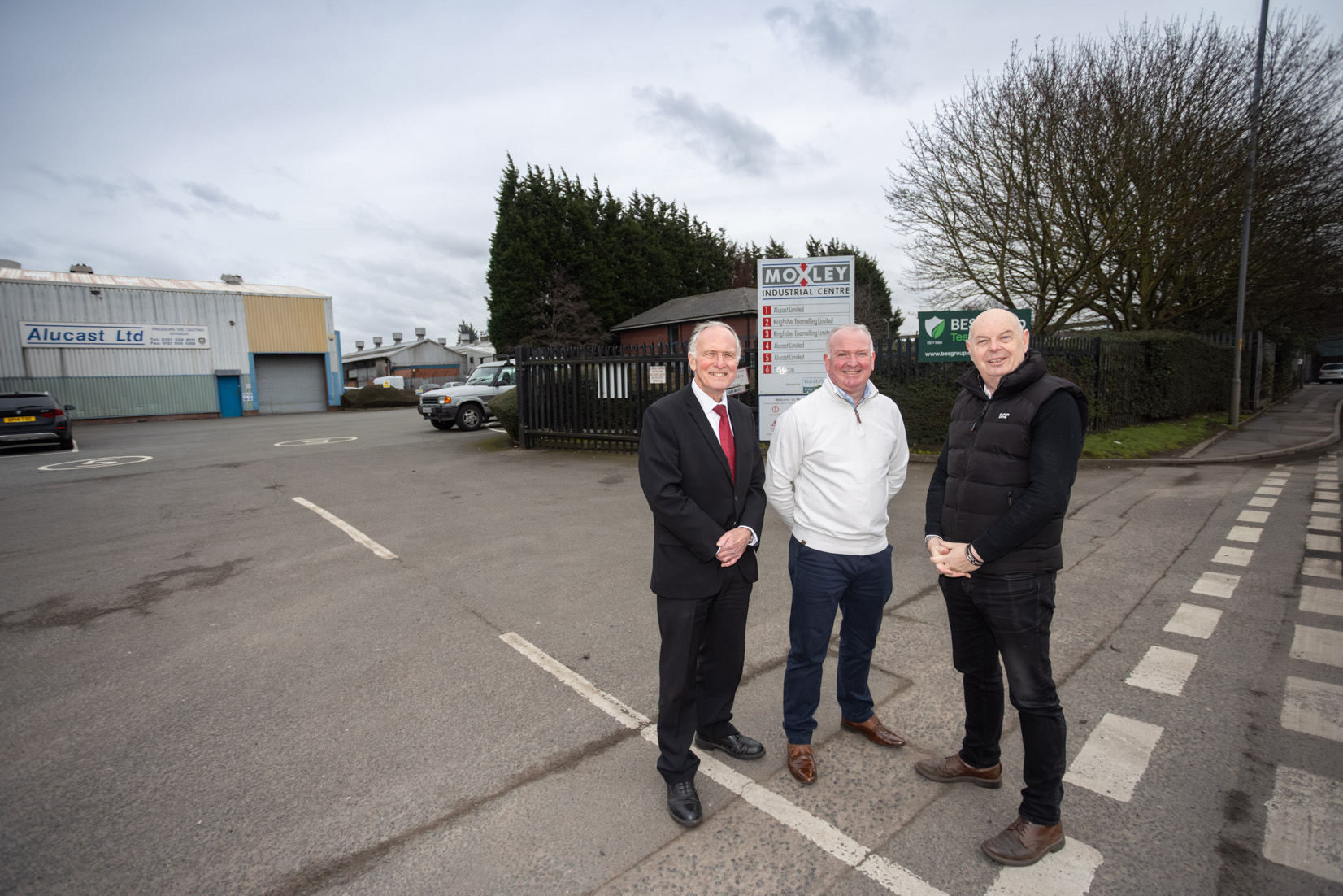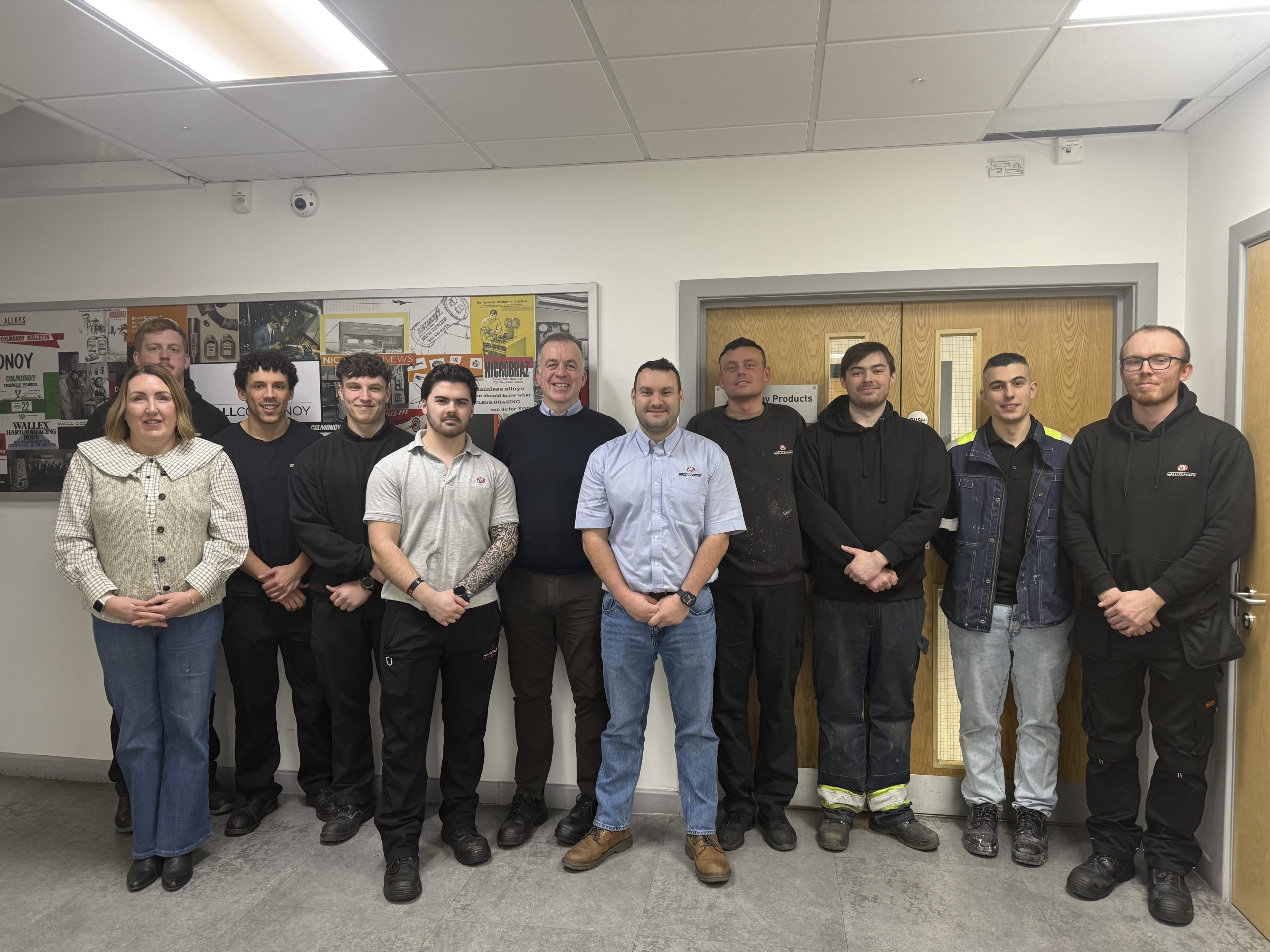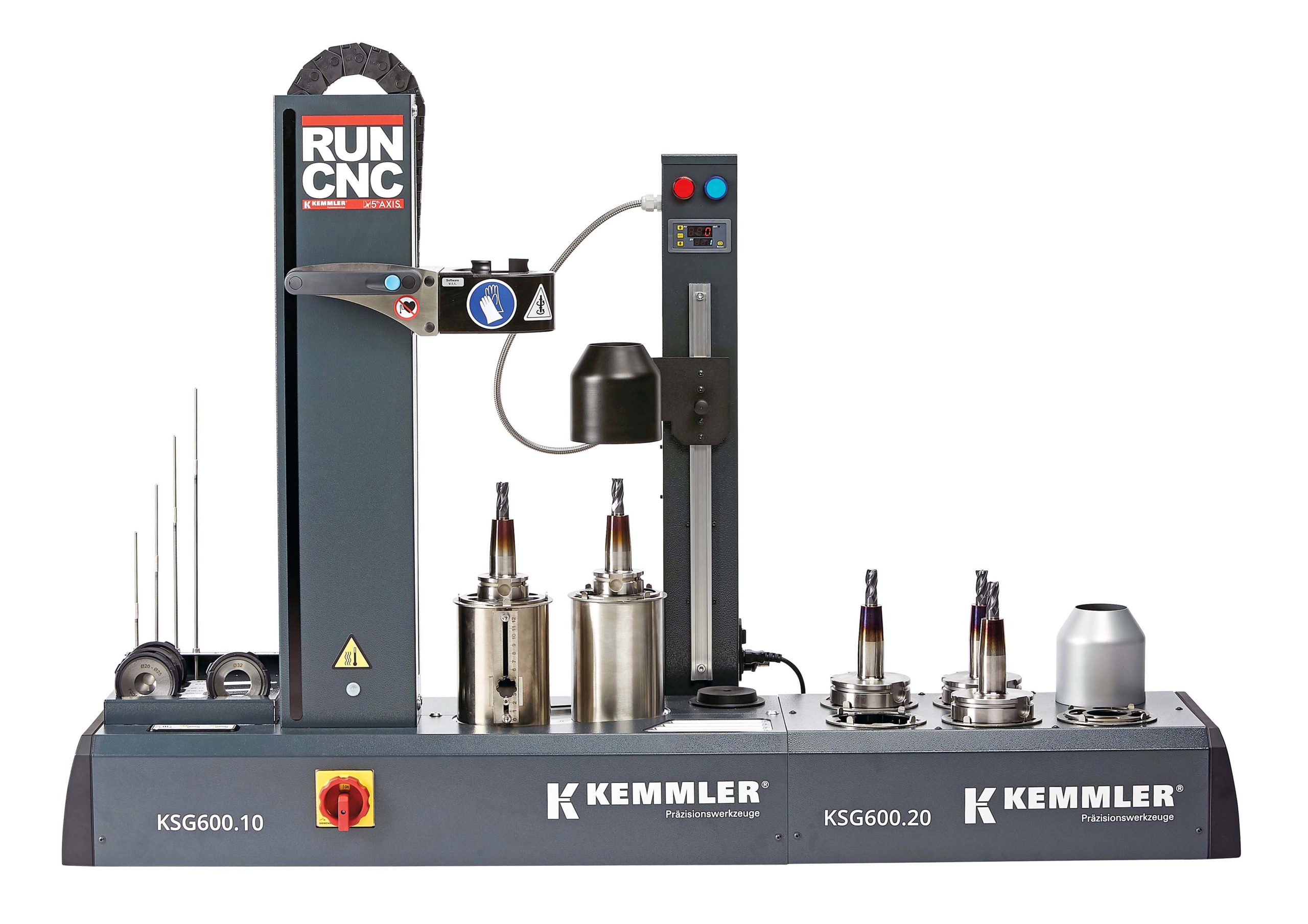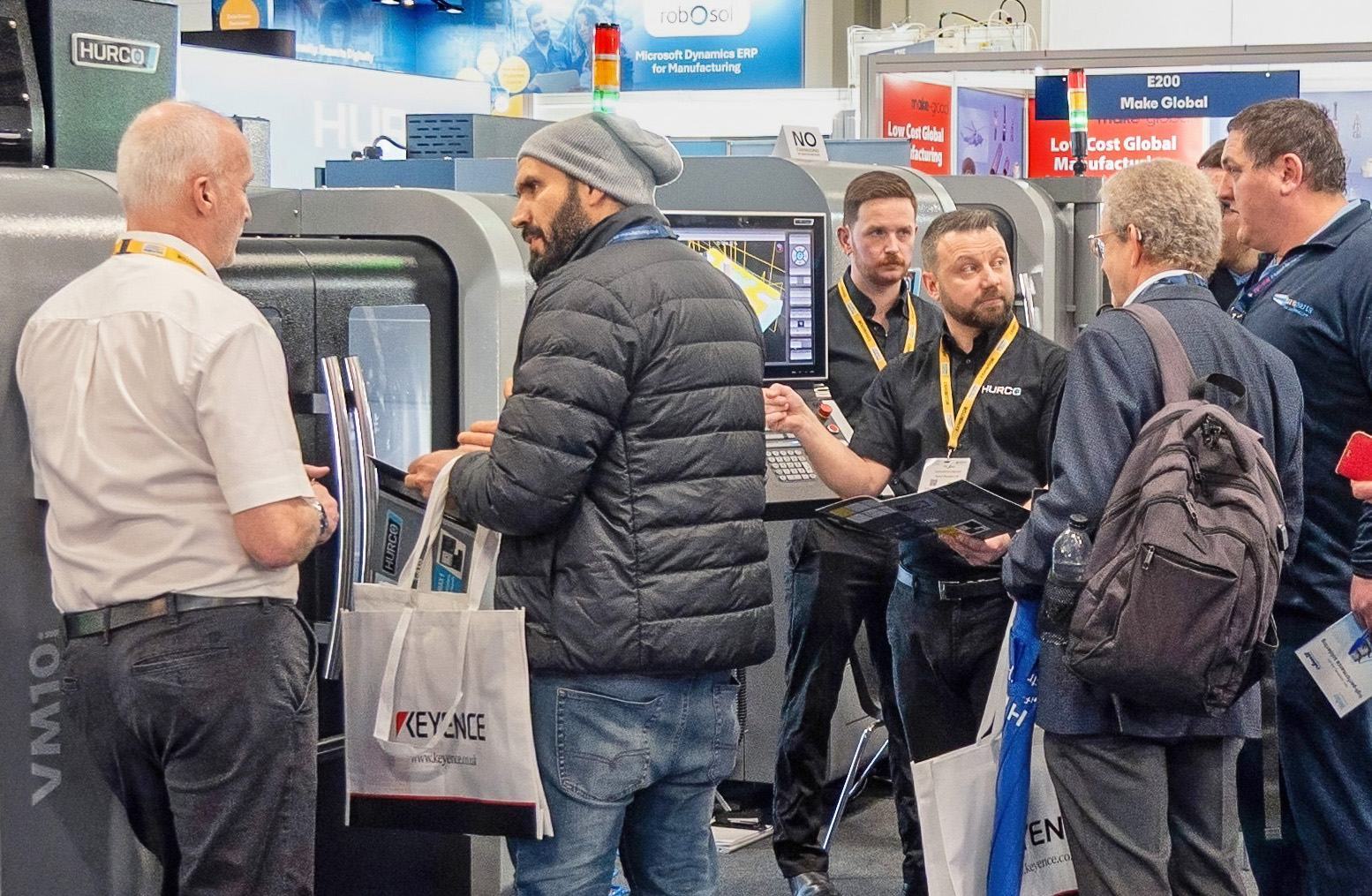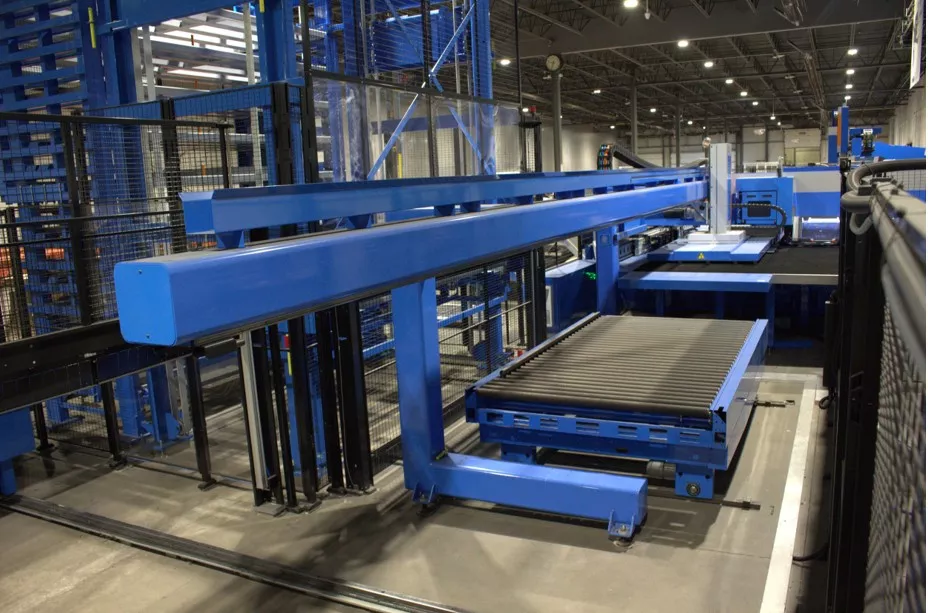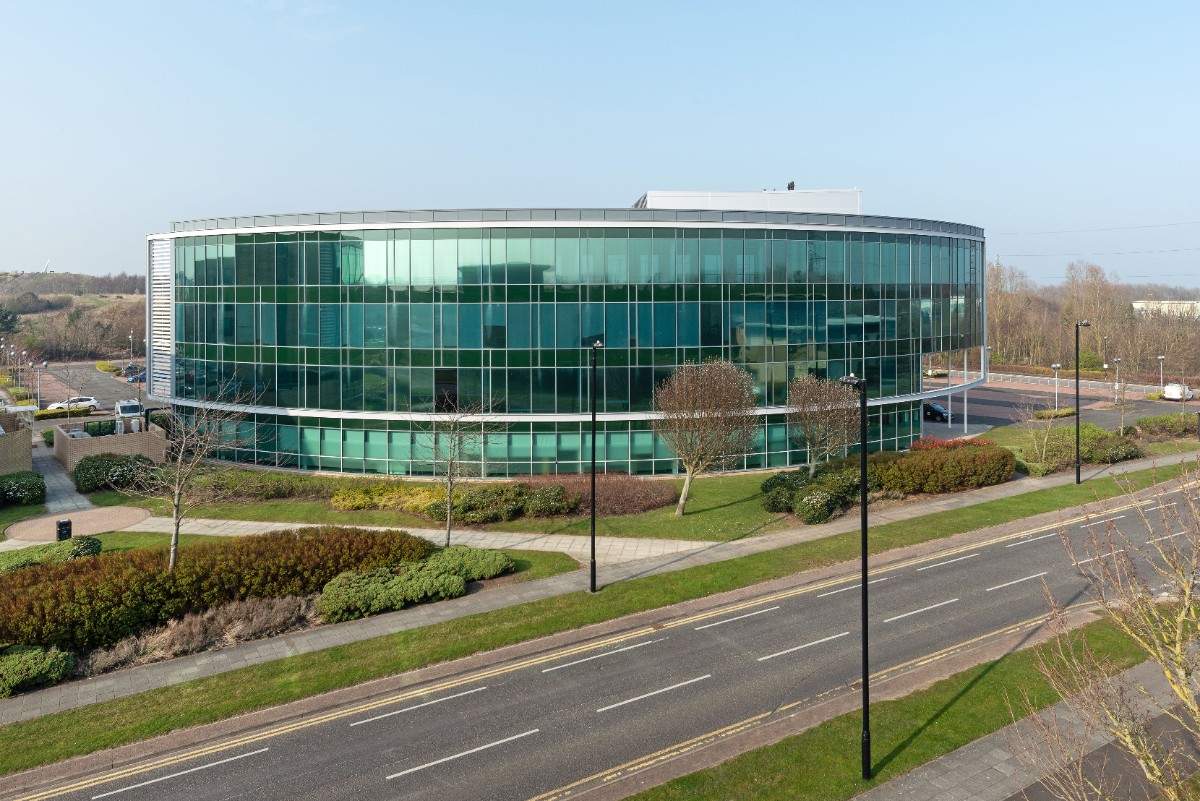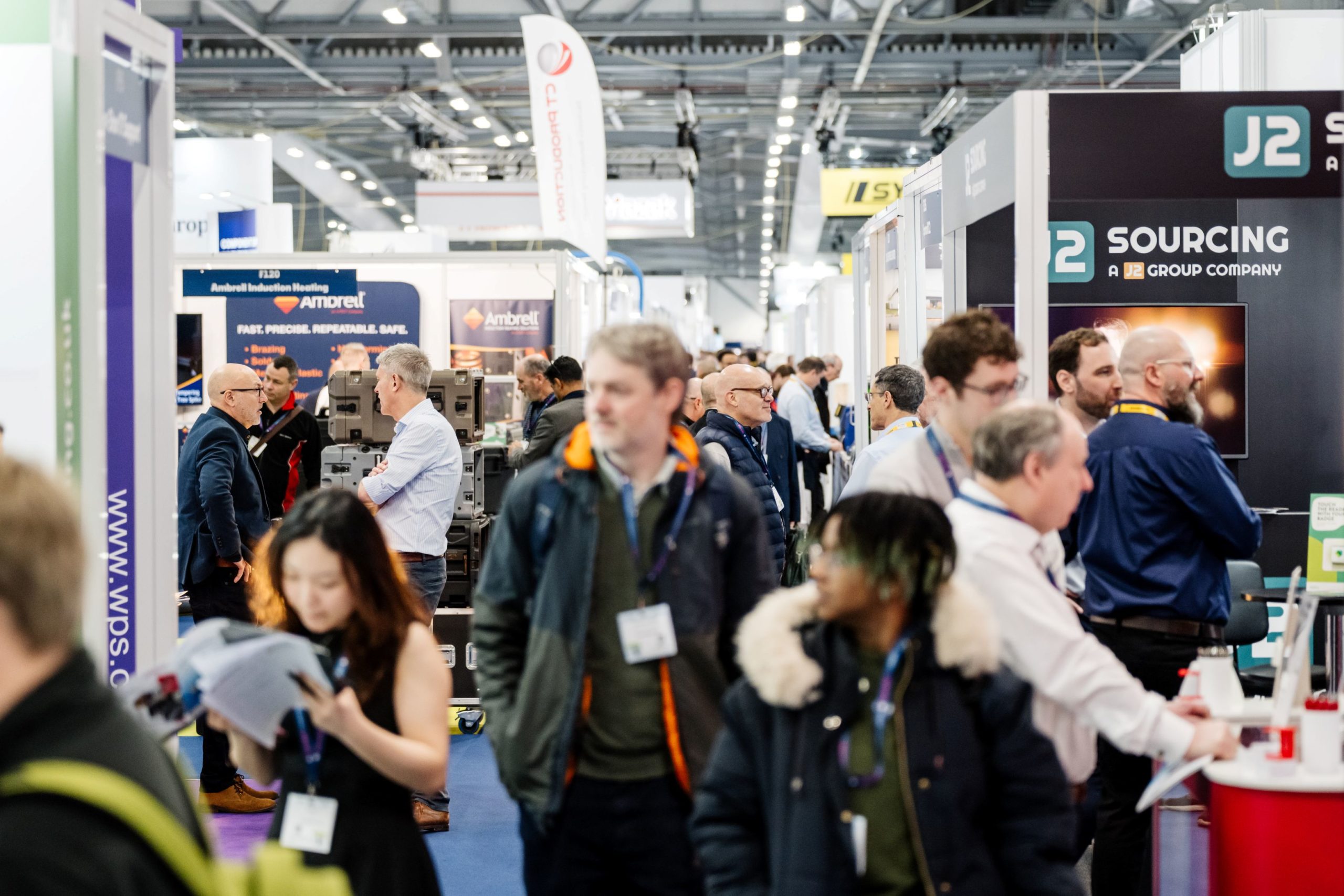Sustainable machining through data intelligence

Cutting tool manufacturer Seco aims to make manufacturing fast, easy, and sustainable by leveraging machine data, which is crucial for overcoming future sustainability and regulatory challenges.
Seco’s sets out its purpose as: “Together we make manufacturing fast, easy and sustainable.” As manufacturing companies work towards more sustainable manufacturing, challenges exist regarding the collection, analysis and management of relevant data. As highlighted by future legislation, data connected to the machine and machining environment will become key to drive sustainability in the most effective way.
The project
To address this challenge, Seco has partnered with the Advanced Manufacturing Research Centre North West (AMRC) in Samlesbury, UK, which plays a key role in driving recovery, growth, productivity and innovation. The collaboration aims to drive utilisation of Internet of Things (IoT) hardware, various industrial communications, and IoT Protocols to produce a single source of truth for facility use and machine data – relevant for environmental impact assessments and improvements.
The project segments the manufacturing ecosystem into three interrelated domains: the machining process itself, the immediate machine environment and the broader facility context. By monitoring each area individually and then analysing how they influence one another, stakeholders gain both detailed diagnostics and a holistic perspective on sustainability challenges.
- For the machine: The approach enables monitoring and hotspot analysis of the machining process directly. This includes information on the energy consumption of the machine, broken down by sub-process, cutting fluids and other material
consumption. This can then be directly converted into real time costs and CO2 impact through live grid carbon intensity factors and cost per kilowatt hour. - For the machine environment: The monitor tracks the humidity and temperature, which can impact the energy required to ensure environment stability for the machine.
- For the facility: The monitor tracks the entire manufacturing plant and identifies high level patterns that can negatively impact energy and cost.
- The relationship between: Did the humidity around the machine increase the required energy for cooling? Are open windows requiring more energy? Or are closed windows not providing sufficient natural ventilation and thereby increasing cost to maintain the required temperature? Are the machines optimised?
This approach will help to identify patterns and factors that can help companies reduce their CO2 and costs most relevant to the customer’s specific context. Within this monitored environment, Seco UK can analyse a machining program and processes in fine detail – and further refine the programs by associating power consumption and CO2 emissions within the machine.
The future
By harnessing independent monitoring of power consumption and facility usage, it becomes possible to pinpoint the hidden costs of inefficiency and translate every kilowatt hour into real-time CO₂e and expense metrics. This level of insight allows a comparison between the energy demands and carbon footprints of any two products, programs or machines – empowering teams to make data-driven decisions and embed sustainability at the heart of manufacturing design.
The test environment, complete with integrated monitoring for both Seco products and guest supplier machines, bridges the lifecycle assessment of Seco with live machine data. By doing so, it’s possible to gain precise, component-level environmental scores and open the door to targeted innovation and validation of greener machining strategies.
Looking ahead, Seco is building toward an AI-powered, automated feedback system that continuously optimises processes in real time. This solution will balance productivity and cost imperatives with environmentally responsible best practices, ensuring every adjustment drives closer to net-zero goals. Together with the AMRC and customers, Seco says it is turning comprehensive data intelligence into actionable sustainability, supporting the purpose of making manufacturing fast, easy and sustainable.

